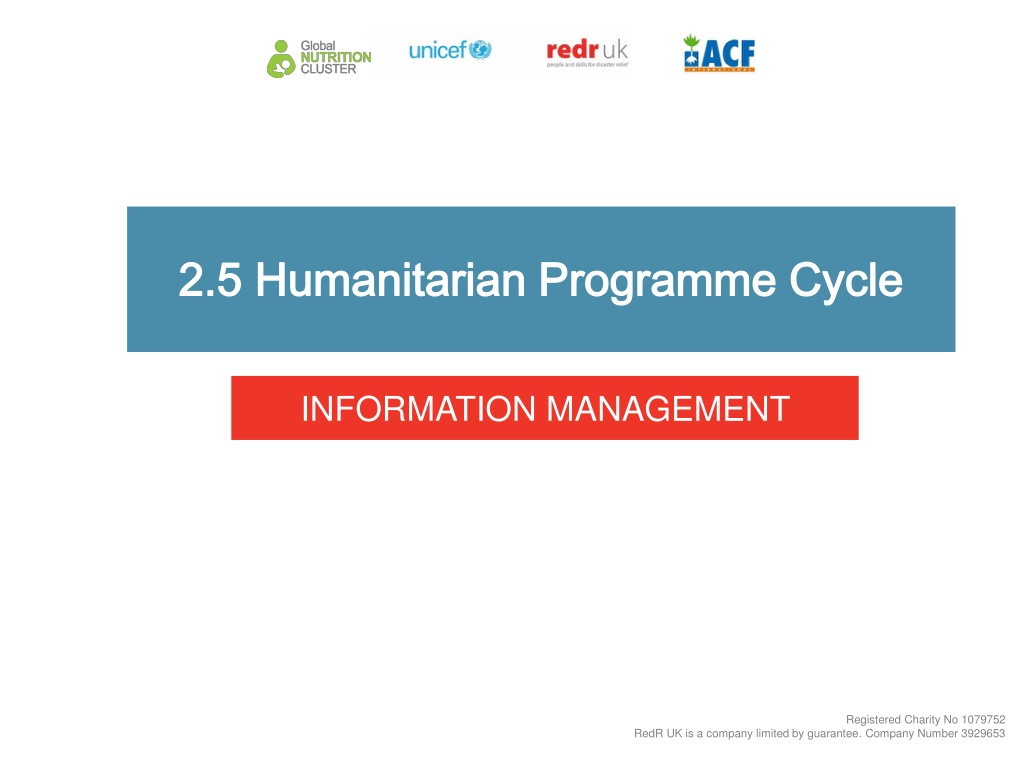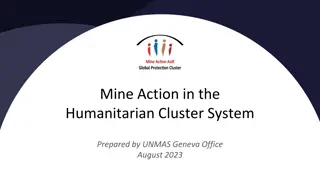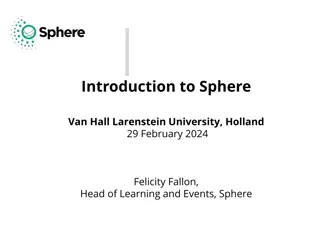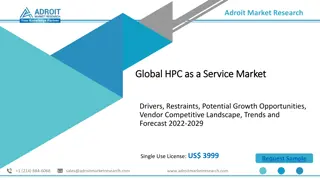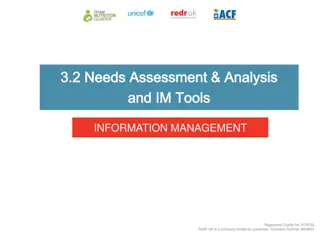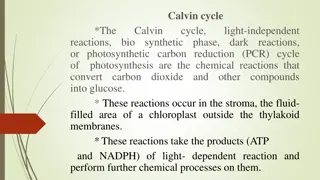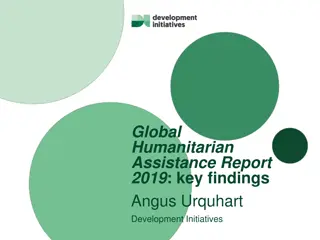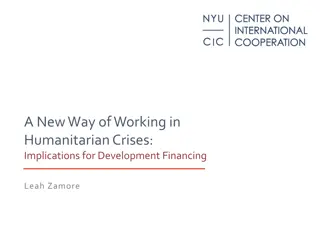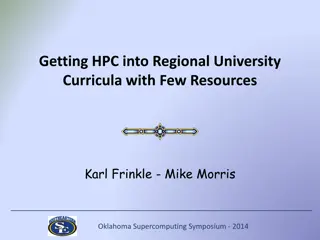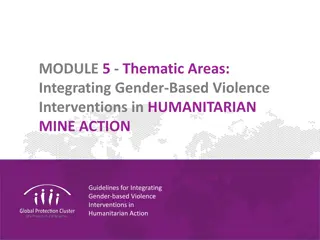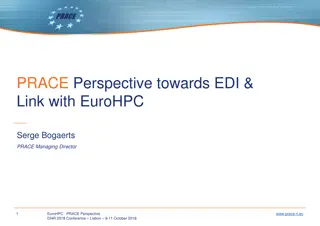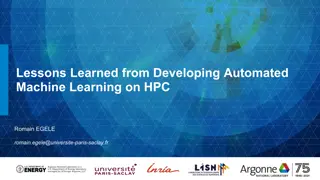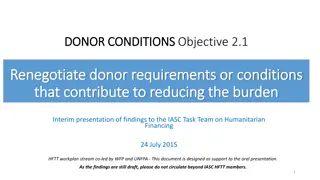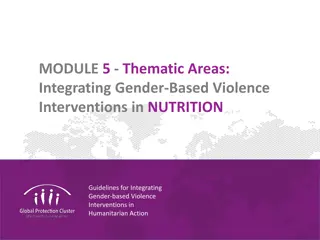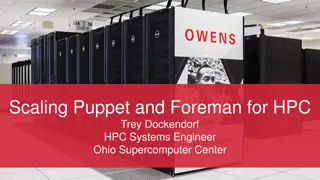Understanding the Humanitarian Programme Cycle (HPC)
The Humanitarian Programme Cycle (HPC) is a coordinated series of actions aimed at preparing for, managing, and delivering humanitarian responses efficiently. It focuses on delivering fast, coordinated, effective, and protection-driven aid to those affected by crises. Central to the HPC is the involvement and communication with affected populations, establishing respectful relationships, enabling participation and feedback, and maintaining a complaints mechanism. Information Management Officers (IMOs) play a crucial role throughout the cycle, collecting, processing, and disseminating data to stakeholders. The Cluster Coordination Performance Monitoring system ensures efficient coordination and service delivery within clusters. This training covers the phases of the HPC and the roles of IMOs.
Download Presentation

Please find below an Image/Link to download the presentation.
The content on the website is provided AS IS for your information and personal use only. It may not be sold, licensed, or shared on other websites without obtaining consent from the author. Download presentation by click this link. If you encounter any issues during the download, it is possible that the publisher has removed the file from their server.
E N D
Presentation Transcript
2.5 Humanitarian Programme Cycle 2.5 Humanitarian Programme Cycle INFORMATION MANAGEMENT Registered Charity No 1079752 RedR UK is a company limited by guarantee. Company Number 3929653
Exercise: Building the HPC 10 minutes to put together the stages of the HPC on Flipchart You may be asked to explain the logic behind your cycle.
What is the HPC? The HPC is a coordinated series of actions undertaken to prepare for, manage and deliver humanitarian response. The overall purpose of the HPC is to deliver a fast, coordinated, effective and protection-driven response to people affected by humanitarian crises.
Centrality of affected people in the HPC Humanitarian actors are expected to: Involve and communicate with affected populations throughout the HPC Establish direct, responsible and respectful relationships with recipients Enable participation and feedback Establish a complaints mechanism When needs cannot be met, provide regular updates Affected people are at the centre of the humanitarian programme cycle and they should be effectively consulted at each step.
IMOs Role at Each Stage Collection, collation, storage, processing, verification, and analysis of data and dissemination to humanitarian stakeholders
Cluster Coordination Performance Monitoring (CCPM) Monitoring system to ensure the cluster: Has efficient and effective coordination mechanisms Fulfils the core cluster functions Supports efficient delivery of relevant services Meets the needs of cluster members and demonstrate accountability to affected people
Overview of this trainings work We go through each of the following phases and discuss IMO roles and IM products and processes 8
